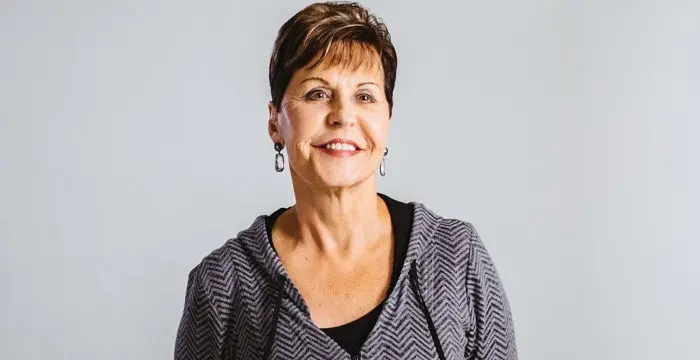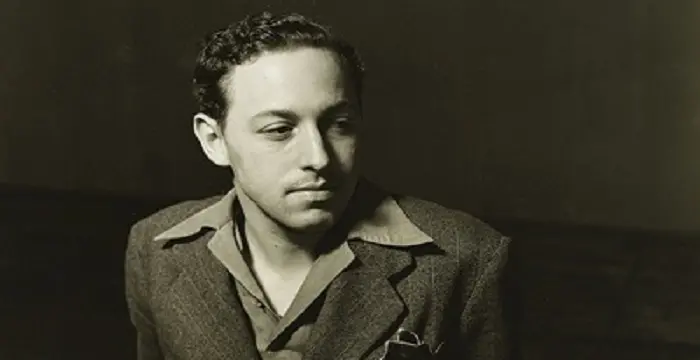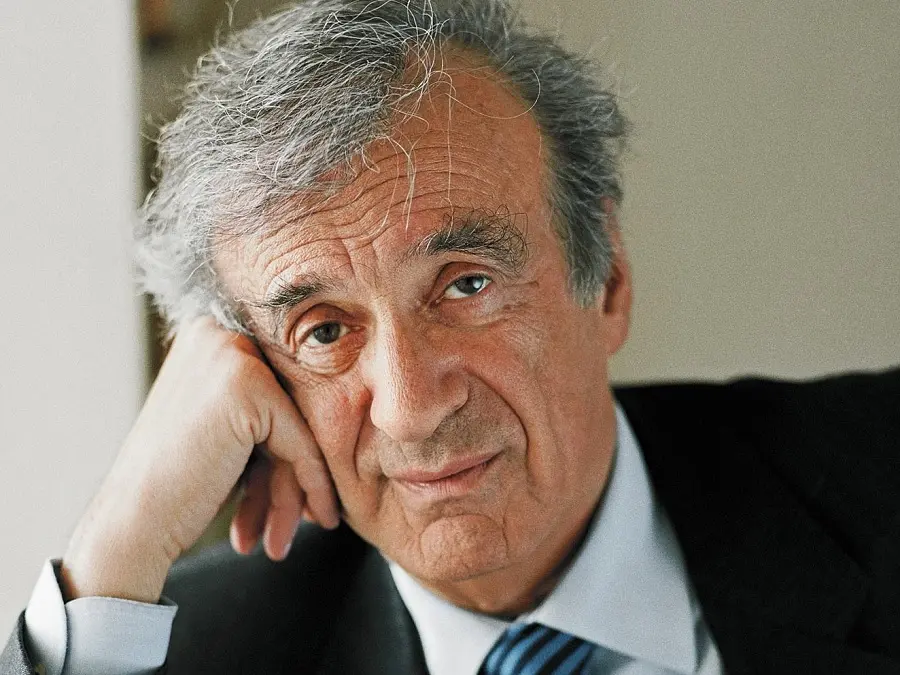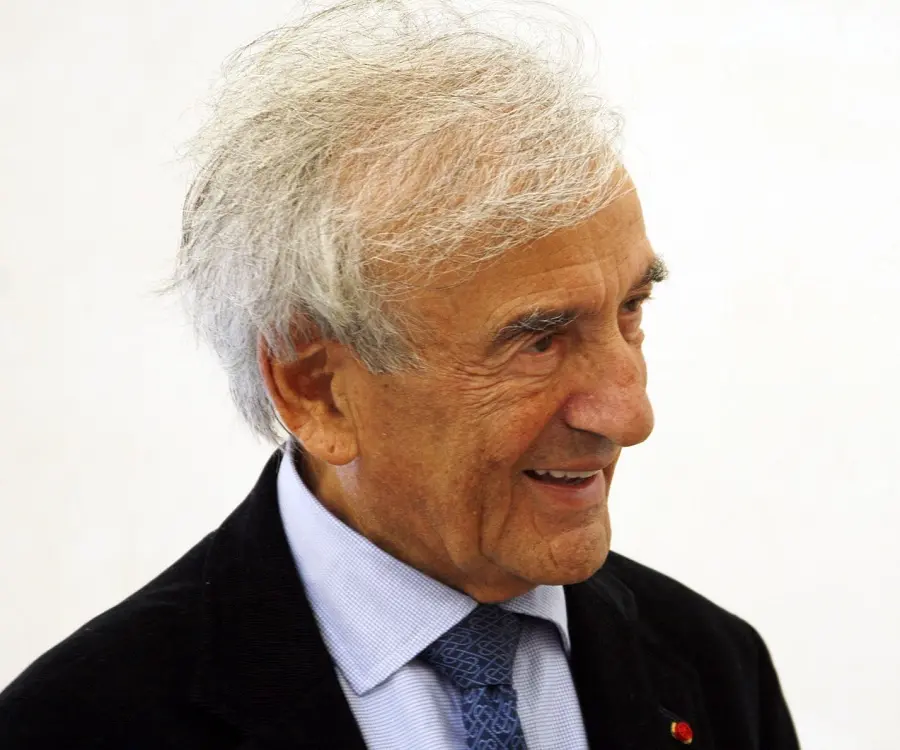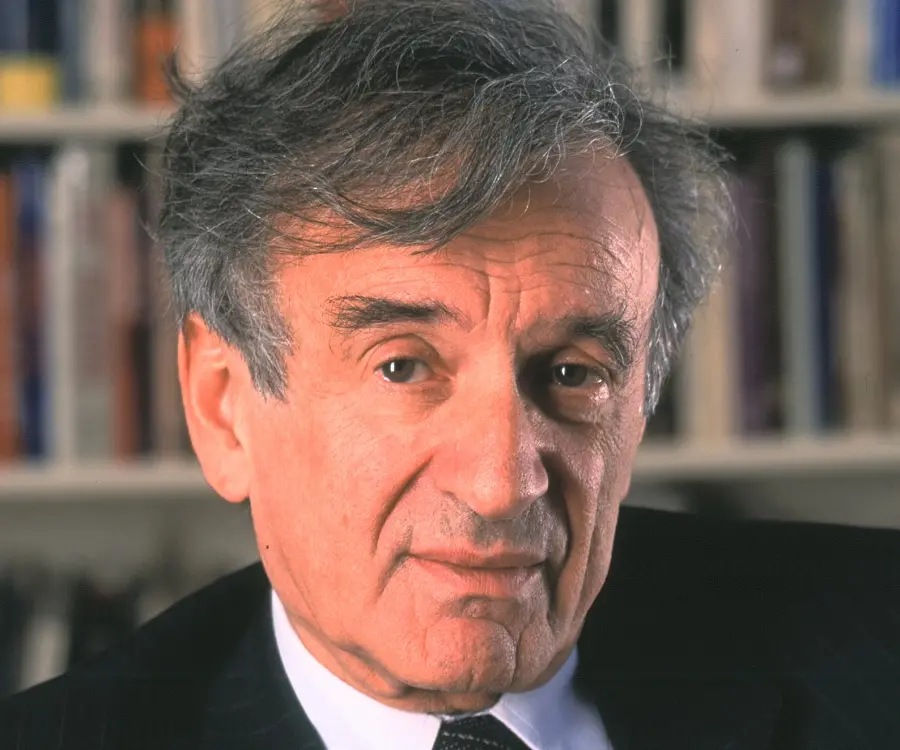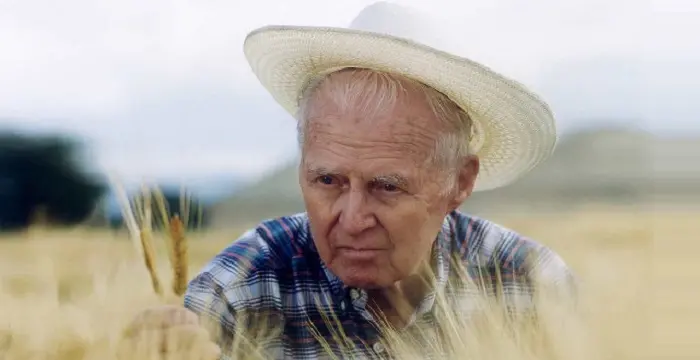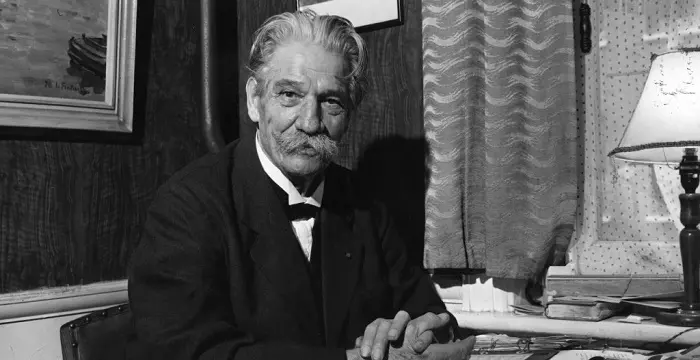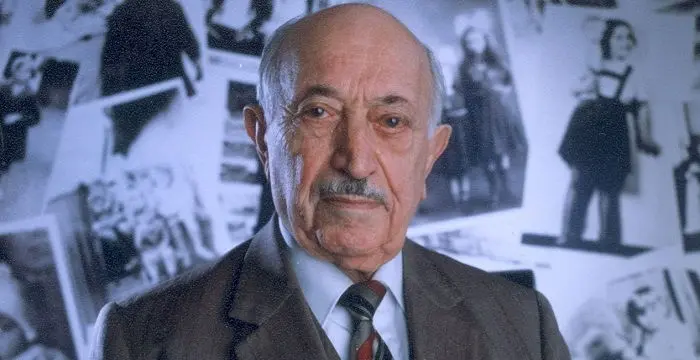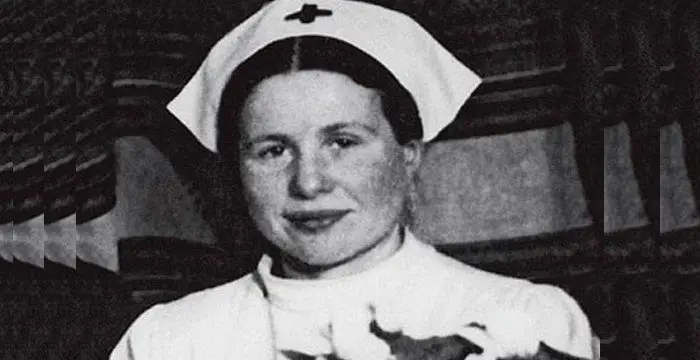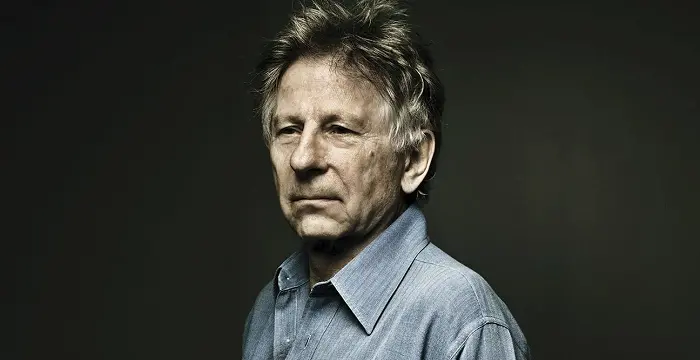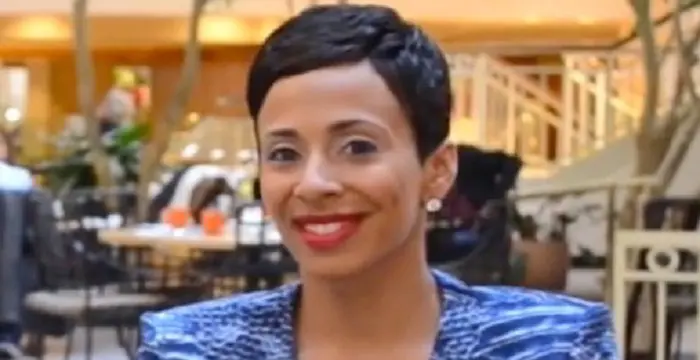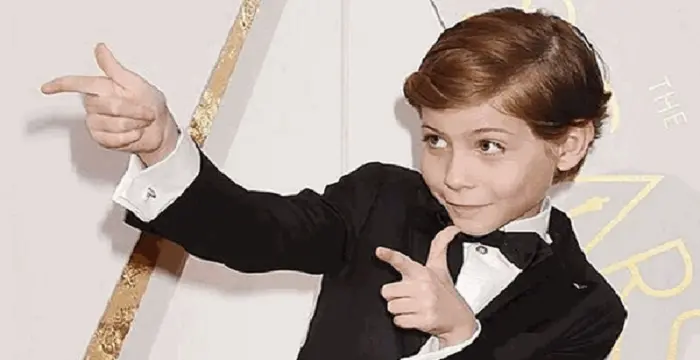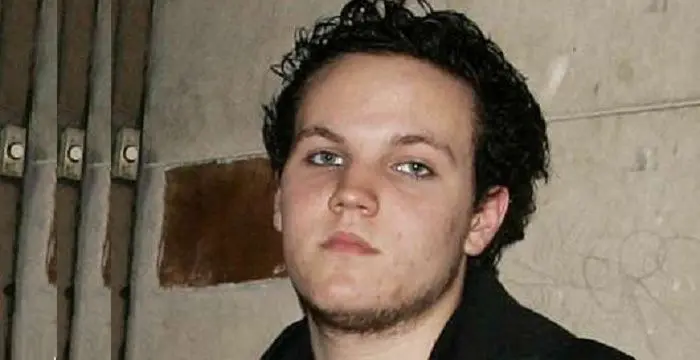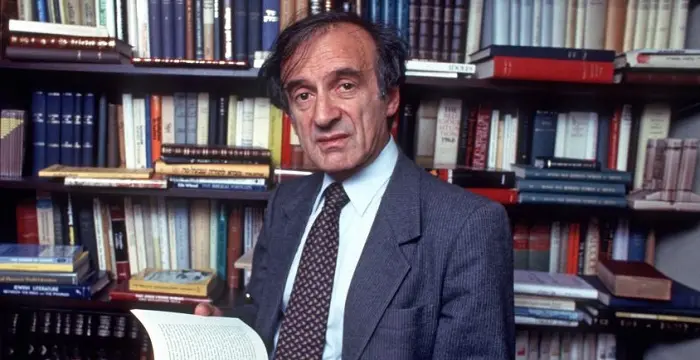
Elie Wiesel - Holocaust Survivors, Birthday and Family
Elie Wiesel's Personal Details
Elie Wiesel is a Jewish Writer who has authored more than fifty books including, the best-known “Night”
| Information | Detail |
|---|---|
| Birthday | September 30, 1928 |
| Died on | July 2, 2016 |
| Nationality | Romanian, American |
| Famous | Holocaust Survivors, Nobel Peace Prize, Writers |
| Spouses | Marion Erster Rose (m. 1969–2016; his death) |
| Siblings | Beatrice Wiesel, Hilda Wiesel, Tzipora Wiesel |
| Childrens | Shlomo Elisha Wiesel |
| Birth Place | Transylvania |
| Born Country | Romania |
| Height | 168 |
| Gender | Male |
| Father | Shlomo Wiesel |
| Mother | Sarah Feig |
| Sun Sign | Libra |
| Born in | Transylvania |
| Famous as | Writer |
| Died at Age | 87 |
// Famous Writers
Joyce Meyer
Joyce Meyer is a Christian author and speaker. This biography provides detailed information about her childhood, life, achievements, works & timeline
Temple Grandin
Temple Grandin is a well-known American writer, autistic activist and animal expert. This biography profiles her childhood, life, achievements, career and timeline
Tennessee Williams
Tennessee Williams was one of the greatest playwrights of the 20th century. This biography of Tennessee Williams provides detailed information about his childhood, life, achievements, works and timeline.
Elie Wiesel's photo
Who is Elie Wiesel?
Elie Wiesel was a Jewish Romanian-American writer, professor and the author of the bestselling book ‘Night’ as well as many other books dealing with Judaism, the Holocaust, and the moral responsibility of the people to fight hatred, racism and genocide. Born in Romania, he along with his family was sent to the Auschwitz concentration camp in Poland in 1944 during the Holocaust. A teenager at that time, he became an eye witness to the atrocities meted out to Jews in the concentration camps where he lost both his parents. Along with the other prisoners of the camps, he was liberated following the ending of the World War II, but the memories of the war would haunt him forever. He then moved to France where he studied literature, philosophy and psychology at the Sorbonne and became a journalist. For years he refused to write about or discuss his experiences during the Holocaust but reconsidered his decision on the advice of the Catholic writer Francois Mauriac who encouraged him to write about his traumatic experiences. Wiesel thus wrote the memoir ‘Night’ which became a grim testimonial of the Holocaust. Eventually his career took him to the United States where he settled down for life. In his later life, he emerged as a political activist and humanitarian and was awarded the Nobel Peace Prize in 1986 for voicing his concern about the “global crisis of humanity”.
// Famous Nobel Peace Prize
Emily Greene Balch
Emily Greene Balch was an American economist, sociologist and pacifist who won the 1946 Nobel Peace Prize. This biography of Emily Greene Balch provides detailed information about her childhood, life, achievements, works & timeline.
Norman Borlaug
Norman Borlaug was an American biologist known as the “Father of the Green Revolution”. This biography of Norman Borlaug provides detailed information about his childhood, life, achievements, works & timeline.
Albert Schweitzer
Albert Schweitzer was a German born French theologian, organist, philosopher, physician, and medical missionary. Check out this biography to know about his childhood, family life, and achievements.
Childhood & Early Life
Elie Wiesel was born on 30 September 1928 in the town of Sighet, Transylvania, now a part of Romania. His father, Shlomo Wiesel, was an orthodox Jew and had a grocery store while Sarah, his mother, was a daughter of a farmer. He had three sisters.
Growing up in a small village in Romania, Elie’s world revolved around family, religious study, community and God. Shlomo instilled a strong sense of humanism in his son, encouraging him to learn Modern Hebrew and to read literature, whereas his mother encouraged him to study Torah and Kabbalah. Elie grew up speaking Yiddish at home, and was also fluent in Hungarian, Romanian, and German.
Holocaust Experience
In 1944, while the World War II was ravaging much of Europe, the Nazis marched into Wiesel’s city, ending his idyllic life. He, along with his family and other Jewish residents of his town were taken prisoners and placed in confinement ghettos.
A few weeks later, the Wiesel family was sent to the Auschwitz concentration camp in Poland where his mother and one of his sisters were killed. Separated from his two other sisters, Wiesel and his father were later deported to the concentration camp at Buchenwald. His father died at this camp, leaving Elie an orphan at 16.
The war finally ended in 1945 and the camp was liberated by the U.S. Third Army on April 11, 1945.
Later Years
Following the liberation the teenager was placed on a train with 400 other orphans and sent to France where he was assigned to a home in Normandy under the care of a Jewish organization. There he enrolled in the Sorbonne and studied literature, philosophy and psychology.
While in his late teens, he started working as a journalist and began writing for the French newspaper ‘L’Arche.’ He was sent to Israel in 1949 as a correspondent. While in Israel he was also hired as a Paris correspondent for the Israeli newspaper ‘Yedioth Ahronoth.’
Over the course of his journalistic career he met the French author, François Mauriac, the 1952 Nobel Laureate in Literature, who eventually became Wiesel's close friend. Till then Wiesel had refused to write about or discuss his experiences during the Holocaust. However, he reconsidered his decision after being advised by Mauriac to begin writing about his harrowing experiences.
He first wrote and published his memoir ‘Un di velt hot geshvign’ (And the World Remained Silent) in Yiddish. In 1955 he rewrote a shortened version of the manuscript in French, ‘La Nuit.’
In 1955, Wiesel moved to New York as foreign correspondent for the Israel daily, ‘Yediot Ahronot.’ He published the English version of his memoir, ‘Night’ in 1960. Initially the book sold just a few copies but gained much in popularity after some favorable reviews which led to television interviews with Wiesel. Over the following years it was translated into 30 languages with ten million copies sold in the United States.
The success of his first memoir was followed by the publication of around 60 other books, most of them non-fiction Holocaust literature, and novels. He gained a reputation as an important literary figure emerging from the Holocaust who described the horrific events from a highly personal level.
Teaching was another one of Elie Wiesel’s true loves. From 1972 to 1976, he served as a Distinguished Professor at the City University of New York and became the Andrew Mellon Professor of the Humanities at Boston University in 1976 where he taught in both its religion and philosophy departments. Many of his students were children of Holocaust survivors.
He was also actively involved with Jewish causes. In 1978 he became the chairman for the Presidential Commission on the Holocaust (later renamed US Holocaust Memorial Council), a position he held until 1986. In this position he spearheaded the building of the United States Holocaust Memorial Museum in Washington, D.C.
In 1982, he was appointed the first Henry Luce Visiting Scholar in Humanities and Social Thought at Yale University.
Along with his wife, Marion, he started the Elie Wiesel Foundation for Humanity in 1986. The foundation aimed to promote understanding between conflicting ethnic groups.
From 1997 to 1999 he served as Ingeborg Rennert Visiting Professor of Judaic Studies at Barnard College of Columbia University.
Major Works
Elie Wiesel was the author of the Holocaust memoir ‘Night’, which detailed his experience with his father in the Nazi German concentration camps at Auschwitz and Buchenwald in 1944–1945. A major text in Holocaust literature, the book has been translated into 30 languages and has sold more than ten million copies in the United States.
After winning the Nobel Prize for Peace, Elie Wiesel and his wife founded the Elie Wiesel Foundation in 1986. The foundation’s mission is "to combat indifference, intolerance and injustice through international dialogue and youth-focused programs that promote acceptance, understanding and equality.”
As the Chairman of the President’s Commission on the Holocaust established by President Jimmy Carter, Wiesel played a major role in the establishment of the United States Holocaust Memorial Museum (USHMM), the United States' official memorial to the Holocaust.
Awards & Achievements
Elie Wiesel was awarded the Nobel Peace Prize 1986 for speaking out against violence, repression, and racism. The Norwegian Nobel Committee called him a "messenger to mankind," while presenting him with the award.
He was presented with the Presidential Medal of Freedom in 1992.
He was also the recipient of National Humanities Medal (2009), Norman Mailer Prize for Lifetime Achievement (2011), and Loebenberg Humanitarian Award by Florida Holocaust Museum (2012).
He had received more than 90 honorary degrees from colleges worldwide including Doctor of Letters, City College of New York (2008), Doctor of Humane Letters, Bucknell University (2009), Doctor of Humane Letters, College of Charleston (2011), and Doctorate, The University of British Columbia (2012).
Personal Life & Legacy
Elie Wiesel married Marion Erster Rose in 1969. His wife, who hailed from Austria, translated many of his books. They had one son, Shlomo Elisha Wiesel, named after Wiesel’s father.
He suffered from health problems in his later years and died on July 2, 2016, at the age of 87.
// Famous Holocaust Survivors
Simon Wiesenthal
Simon Wiesenthal was an Austrian writer and a famous Nazi hunter. This biography gives detailed information about his childhood, life, works, and timeline.
Irena Sendler
Irena Sendler was a Polish nurse who along with her network is credited to have saved the lives of 2,500 Jewish children during the Holocaust. .
Roman Polanski
Roman Polanski is a film director and producer, considered as one of the few “truly international filmmakers”. This biography of Roman Polanski provides detailed information about his childhood, life, achievements, works & timeline.
Elie Wiesel's awards
| Year | Name | Award |
|---|---|---|
Other | ||
| 0 | Grand Officer of the Order of the Star of Romania | |
| 0 | Legion of Honour | |
| 0 | Nobel Peace Prize (1986) | |
| 0 | Presidential Medal of Freedom (1992) | |
| 0 | Congressional Gold Medal | |
Elie Wiesel biography timelines
- // 30th Sep 1928Elie Wiesel was born on 30 September 1928 in the town of Sighet, Transylvania, now a part of Romania. His father, Shlomo Wiesel, was an orthodox Jew and had a grocery store while Sarah, his mother, was a daughter of a farmer. He had three sisters.
- // 1944In 1944, while the World War II was ravaging much of Europe, the Nazis marched into Wiesel’s city, ending his idyllic life. He, along with his family and other Jewish residents of his town were taken prisoners and placed in confinement ghettos.
- // 1944 To 1945Elie Wiesel was the author of the Holocaust memoir ‘Night’, which detailed his experience with his father in the Nazi German concentration camps at Auschwitz and Buchenwald in 1944–1945. A major text in Holocaust literature, the book has been translated into 30 languages and has sold more than ten million copies in the United States.
- // 11th Apr 1945The war finally ended in 1945 and the camp was liberated by the U.S. Third Army on April 11, 1945.
- // 1949While in his late teens, he started working as a journalist and began writing for the French newspaper ‘L’Arche.’ He was sent to Israel in 1949 as a correspondent. While in Israel he was also hired as a Paris correspondent for the Israeli newspaper ‘Yedioth Ahronoth.’
- // 1952Over the course of his journalistic career he met the French author, François Mauriac, the 1952 Nobel Laureate in Literature, who eventually became Wiesel's close friend. Till then Wiesel had refused to write about or discuss his experiences during the Holocaust. However, he reconsidered his decision after being advised by Mauriac to begin writing about his harrowing experiences.
- // 1955He first wrote and published his memoir ‘Un di velt hot geshvign’ (And the World Remained Silent) in Yiddish. In 1955 he rewrote a shortened version of the manuscript in French, ‘La Nuit.’
- // 1955 To 1960In 1955, Wiesel moved to New York as foreign correspondent for the Israel daily, ‘Yediot Ahronot.’ He published the English version of his memoir, ‘Night’ in 1960. Initially the book sold just a few copies but gained much in popularity after some favorable reviews which led to television interviews with Wiesel. Over the following years it was translated into 30 languages with ten million copies sold in the United States.
- // 1969Elie Wiesel married Marion Erster Rose in 1969. His wife, who hailed from Austria, translated many of his books. They had one son, Shlomo Elisha Wiesel, named after Wiesel’s father.
- // 1972 To 1976Teaching was another one of Elie Wiesel’s true loves. From 1972 to 1976, he served as a Distinguished Professor at the City University of New York and became the Andrew Mellon Professor of the Humanities at Boston University in 1976 where he taught in both its religion and philosophy departments. Many of his students were children of Holocaust survivors.
- // 1978 To 1986He was also actively involved with Jewish causes. In 1978 he became the chairman for the Presidential Commission on the Holocaust (later renamed US Holocaust Memorial Council), a position he held until 1986. In this position he spearheaded the building of the United States Holocaust Memorial Museum in Washington, D.C.
- // 1982In 1982, he was appointed the first Henry Luce Visiting Scholar in Humanities and Social Thought at Yale University.
- // 1986Along with his wife, Marion, he started the Elie Wiesel Foundation for Humanity in 1986. The foundation aimed to promote understanding between conflicting ethnic groups.
- // 1986After winning the Nobel Prize for Peace, Elie Wiesel and his wife founded the Elie Wiesel Foundation in 1986. The foundation’s mission is "to combat indifference, intolerance and injustice through international dialogue and youth-focused programs that promote acceptance, understanding and equality.”
- // 1986Elie Wiesel was awarded the Nobel Peace Prize 1986 for speaking out against violence, repression, and racism. The Norwegian Nobel Committee called him a "messenger to mankind," while presenting him with the award.
- // 1992He was presented with the Presidential Medal of Freedom in 1992.
- // 1997 To 1999From 1997 to 1999 he served as Ingeborg Rennert Visiting Professor of Judaic Studies at Barnard College of Columbia University.
- // 2nd Jul 2016He suffered from health problems in his later years and died on July 2, 2016, at the age of 87.
// Famous Libra Celebrities peoples
Melissa Brim
Melissa Brim is the ex-girlfriend of former professional boxer Floyd Mayweather Jr. Check out this biography to know about her birthday, childhood, family life, achievements and fun facts about her.
Jacob Tremblay
Jacob Tremblay is a Canadian child actor. Let’s have a look at his family & personal life including age, birthday, relationships, net worth and fun facts.
Sierra Furtado
Check out all that you wanted to know about Sierra Furtado, the famous YouTube Personality; her birthday, her family and personal life, her boyfriend, fun trivia facts and more.
Sexxy Lexxy
Alexis Smith Walker, popularly known as Sexxy Lexxy, is an African-American singer. Check out this biography to know about her birthday, childhood, family life, achievements, and fun facts about her.
Benjamin Keough
Benjamin Keough is an American socialite who is best known as the grandson and look-alike of legendary musician Elvis Presley.
Lizzie LDShadowLady
Check out all that you wanted to know about Lizzie LDShadowLady, the famous YouTuber and gamer; her birthday, her family and personal life, her boyfriend, fun trivia facts and more.
Elie Wiesel's FAQ
What is Elie Wiesel birthday?
Elie Wiesel was born at 1928-09-30
When was Elie Wiesel died?
Elie Wiesel was died at 2016-07-02
Where was Elie Wiesel died?
Elie Wiesel was died in New York City, New York, United States
Which age was Elie Wiesel died?
Elie Wiesel was died at age 87
Where is Elie Wiesel's birth place?
Elie Wiesel was born in Transylvania
What is Elie Wiesel nationalities?
Elie Wiesel's nationalities is Romanian, American
Who is Elie Wiesel spouses?
Elie Wiesel's spouses is Marion Erster Rose (m. 1969–2016; his death)
Who is Elie Wiesel siblings?
Elie Wiesel's siblings is Beatrice Wiesel, Hilda Wiesel, Tzipora Wiesel
Who is Elie Wiesel childrens?
Elie Wiesel's childrens is Shlomo Elisha Wiesel
How tall is Elie Wiesel?
Elie Wiesel's height is 168
Who is Elie Wiesel's father?
Elie Wiesel's father is Shlomo Wiesel
Who is Elie Wiesel's mother?
Elie Wiesel's mother is Sarah Feig
What is Elie Wiesel's sun sign?
Elie Wiesel is Libra
How famous is Elie Wiesel?
Elie Wiesel is famouse as Writer
